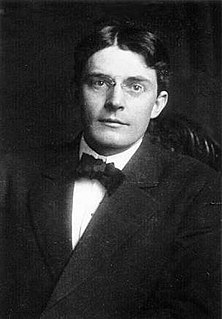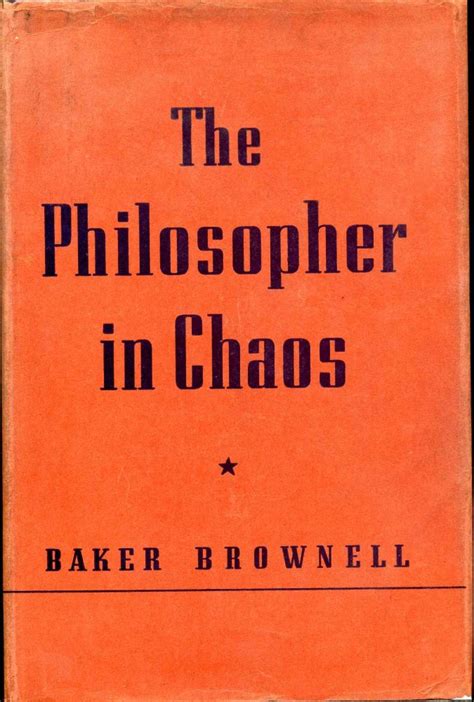A Quote by Richard Bentall
My interest in the psychological roots of psychosis has both personal (my brother Andrew committed suicide) and professional origins (I was trained in a behaviorist approach to psychology which - whatever its limitations - at least taught me to see human behavior in its social context).
Related Quotes
Psychology, as the behaviorist views it, is a purely objective, experimental branch of natural science which needs introspection as little as do the sciences of chemistry and physics.... The position is taken here that the behavior of man and the behavior of animals must be considered in the same plane.
Argumentation is a human enterprise that is embedded in a larger social and psychological context. This context includes (1) the total psyches of the two persons engaged in dialogue, (2) the relationship between the two persons, (3) the immediate situation in which they find themselves and (4) the larger social, cultural and historical situation surrounding them.
Art arises in those strange complexities of action that are called human beings. It is a kind of human behavior. As such it is not magic, except as human beings are magical. Nor is it concerned in absolutes, eternities, "forms," beyond those that may reside in the context of the human being and be subject to his vicissitudes. Art is not an inner state of consciousness, whatever that may mean. Neither is it essentially a supreme form of communication. Art is human behavior, and its values are contained in human behavior.
Plainly, such an approach does not exclude other ways of trying to comprehend the world. Someone committed to it (as I am) can consistently believe (as I do) that we learn much more of human interest about how people think and feel and act by reading novels or studying history than from all of naturalistic psychology, and perhaps always will; similarly, the arts may offer appreciation of the heavens to which astrophysics cannot aspire.
Human social life, I suggest, is the magma that erupts and builds up, so to speak, at the fault lines where natural human capacities meet and grind against and over natural human limitations…. This meeting of powers and limitations produces a creative, dynamic tension and energy that generates and fuels the making of human social life and social structures…. It is real human persons living through the tensions of natural existential contradictions who construct patterned social meanings, interactions, institutions, and structures.
Positivity psychology is part and parcel of psychology. Being human includes both ups and downs, opportunities and challenges. Positive psychology devotes somewhat more attention to the ups and the opportunities, whereas traditional psychology - at least historically - has paid more attention to the downs.
We are living in a renaissance of personal writing. People are rebalancing the impersonalization endemic to modern society with an increase in personal introspection. We have enough common psychology under our belts to know that psychology doesn't explain or heal everything and that it isn't the fulfillment of awareness, but its beginning. We are undergoing a shift in paradigms in which we are trying to develop new models for humanness and human responsibility. This is no small task. Our individual lives are placed under increasing pressure to respond adequately to both inner and outer change.
Doing for people what they can and ought to do for themselves is a dangerous experiment. In the last analysis, the welfare of the workers depends upon their own initiative. Whatever is done under the guise of philanthropy or social morality which in any way lessens initiative is the greatest crime that can be committed against the toilers. Let social busybodies and professional "public morals experts" in their fads reflect upon the perils they rashly invite under this pretense of social welfare.


































